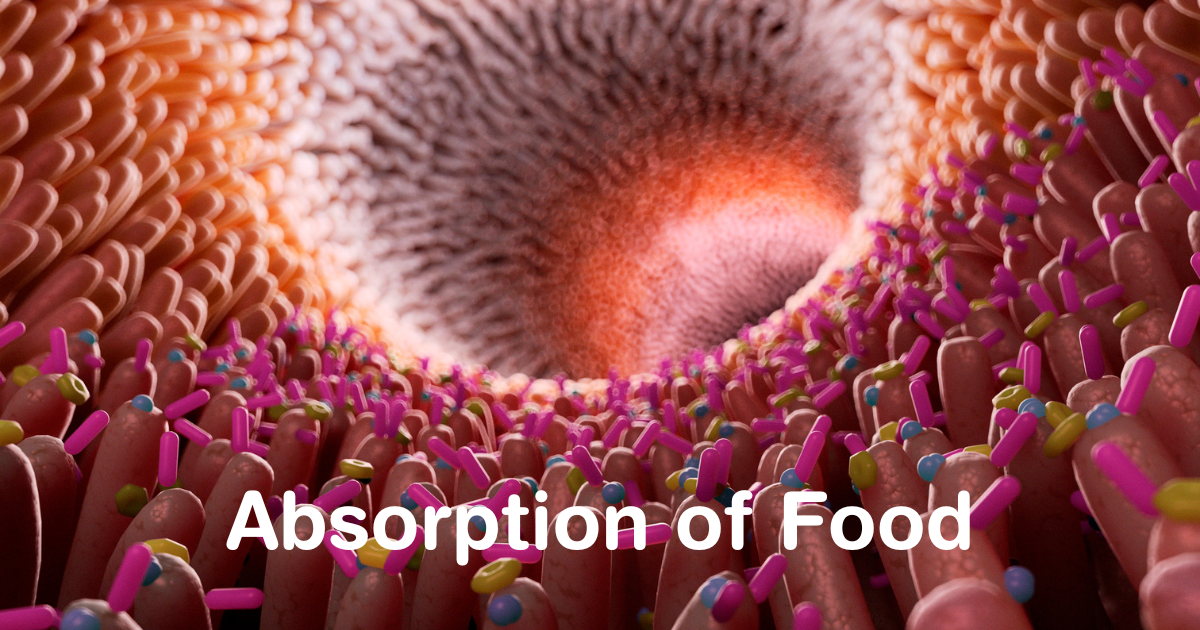Our Daily Diet
What we take away from our meals is of the utmost importance. It is the nutrients found in each food group that have a beneficial effect on our health. Vitamins and minerals are crucial to our bodies’ optimal functioning, and we may receive them by eating nutritious foods like fruits, vegetables, nuts, whole grains, legumes, and lean proteins.
Also, the dietary fibre found in these foods aids in the maintenance of regular bowel movements and contributes to the general well being of the eater. The omega-3 fatty acids found in fatty fish like salmon are crucial for maintaining heart health and promoting proper brain development in children.
Conversely, leading an unhealthy lifestyle due to a preference for processed or sugary meals can have serious consequences for both our physical and mental health. It’s fine to treat yourself every once in a while, but eating too much of the wrong kinds of food can lead to health problems down the line, such as diabetes and high cholesterol. Furthermore, as they have little nutritional value, processed food items should be avoided if at all possible.
Knowing the effects of various foods on our bodies allows us to feed ourselves and our families more wisely. Consuming healthy, well-balanced meals on a regular basis has been shown to improve physical and mental health in the long run.
Absorption of Nutrients
Absorption of nutrients refers to the process through which our bodies take in and use the nutrients found in food. The digestive system is the first step in this procedure because it is where food is broken down into smaller particles that can be absorbed into the bloodstream. After being taken in, nutrients travel throughout the body to be used as fuel or stored for later use. Absorption of vitamins, minerals, proteins, carbs, and lipids is crucial.
Eating a wide range of meals rich in different nutrients can help your body absorb more of each type. While nutrients compete for absorption space in the gastrointestinal tract, eating significant quantities of a single type of food (such as fat or sugar) might decrease overall absorption rates.
In addition, gastrointestinal illnesses like Crohn’s disease or Celiac disease can considerably interfere with nutrient absorption from food, so we may not be able to get all the nutrients we need from our diets. Supplementing with a multivitamin or mineral supplement may help those who have problems absorbing certain vitamins and minerals owing to poor digestion or malabsorption.
Deficiencies & Imbalances
The effects of nutrient deficits and imbalances on our bodies can be devastating. Causes include insufficient dietary intake of vitamins, minerals, proteins, lipids, and carbs, or impaired digestion of these nutrients.
Obesity, diabetes, heart disease, depression, anxiety, poor memory, and impaired motor skills are just some of the health problems that can develop from not getting enough of the right nutrients. Drugs and medical disorders can also cause vitamin and mineral imbalances. Those with celiac disease, for instance, may have trouble digesting and absorbing iron because of their intolerance of gluten.
Nutrient shortages and imbalances typically have subtle but potentially devastating effects if left untreated for too long. Fatigue, weakness, palpitations, and dizziness could all be signs of a deficit or imbalance that needs to be addressed with dietary adjustments or supplements. Nutritionists advocate getting regular blood tests to make sure you’re getting enough of all the nutrients your body needs. This is in addition to keeping a close eye on your diet for signs of nutrient deficiencies or imbalances.
The Gut Microbiome
The term “gut microbiome” is used to describe the billions of bacteria that reside in the human digestive system. Bacteria, archaea, viruses, and fungi are all examples of microorganisms that play a crucial part in the digestive process and the absorption of nutrients from food.
By regulating the immune system, creating vitamins and neurotransmitters, and warding off viruses, they also significantly affect our general health. Several different disorders, including obesity and diabetes, have been linked to shifts in the gut microbiota, according to recent studies.
One of the most influential aspects of the gut microbiota is the individual’s diet. Processed meals high in sugar or fat can induce an overgrowth of some harmful bacteria, whereas a diet rich in fibre-rich plant foods helps maintain a healthy balance among different types of bacteria.
Probiotics, a class of helpful living microorganisms found in fermented foods like yoghurt, have been demonstrated to increase beneficial bacterial species and decrease harmful ones in the gut. The health of your gut microbiota depends on more than just what you eat. Other aspects of your daily life, such as how much you rest, how you deal with stress, and how active you are, have a significant role, too.
Food Selection Is Crucial
A person’s general health can be greatly improved by making more nutritious food choices. Avoiding processed and refined foods can help reduce inflammation and prevent chronic diseases, while consuming nutrient-rich foods high in vitamins, minerals, and antioxidants offers energy and stimulates tissue growth.
In addition, the lack of specific nutrients, crucial to proper brain function, might have a negative impact on our mental health. Omega-3 fatty acids, which may be found in fish like salmon, have been shown to improve mood by stimulating the body’s natural production of dopamine and lowering stress levels.
It’s vital to remember that one person’s ideal diet may not be the best option for another. Hence, it is essential to determine which diet is most appropriate for your age, level of exercise, dietary allergies/intolerances, and other personal circumstances. And if you’re looking for a way to eat that promotes maximum health without making you feel deprived or confined, testing out a few different diets can be a good idea.
Beyond Food: Stress & Lifestyle
The health of individuals is greatly affected by stress and personal choices in how they live their lives. The body’s inflammatory response to stress, both physical and mental, raises the risk for diabetes, heart disease, and other persistent illnesses. Lack of sleep or exercise are two examples of bad lifestyle choices that might exacerbate negative health effects.
Incorporating stress-management techniques like deep breathing exercises and mindfulness practises into daily living is crucial for overcoming these problems. Many benefits, including a lower incidence of chronic diseases, have been attributed to a lifestyle that includes frequent physical activity. Finally, having a good night’s sleep is critical to optimal health since it helps our bodies repair themselves and keeps our hormone levels stable. All of these actions, beyond what we eat, contribute to our health and happiness in the long run.
Rationale and Advice from Health Professionals
When it comes to learning about the effects of food on the human body, the advice of experts is invaluable. These professionals can help us better understand the nutritional makeup of foods, how they are absorbed by the body, and how we can improve our diets.
Dr. Pankaj Kumar is one such authority who has long advocated for a diet rich in whole foods like fruits and vegetables and healthy fats and proteins. As some vitamins and minerals are absorbed better than others, he says that it’s more important to focus on how much we absorb from these meals than how much we actually ingest.
In addition, he recommends taking probiotics with each meal to enhance digestion and absorption of nutrients. In addition, he emphasised the need of eating high-quality foods, noting that organic foods are more beneficial to one’s health than their conventional counterparts due to the higher concentrations of various vitamins, minerals, antioxidants, and other components. In the end, we couldn’t have made the healthy, well-rounded meals we have without the advice of experts.
Conclusion
This blog post’s final paragraph serves as a useful reminder that what we take away from our diet is more important than the diet itself. Since we may get the nutrients and energy we need from many different food sources, we should eat a wide range to ensure we’re getting what we need for both our physical and mental well-being. For optimal health, it’s important to pay attention to the nutritional value of the foods we eat and ensure that we’re getting enough of the nutrients our bodies need. Maintaining a healthy diet can help us live longer and prevent many chronic illnesses. Learning how certain foods influence our thoughts can help tremendously with stress reduction and general well-being. Knowing what your body needs and where to find those nutrients in a responsible manner will go a long way towards feeling your best every day when you eat with intention.







GIPHY App Key not set. Please check settings